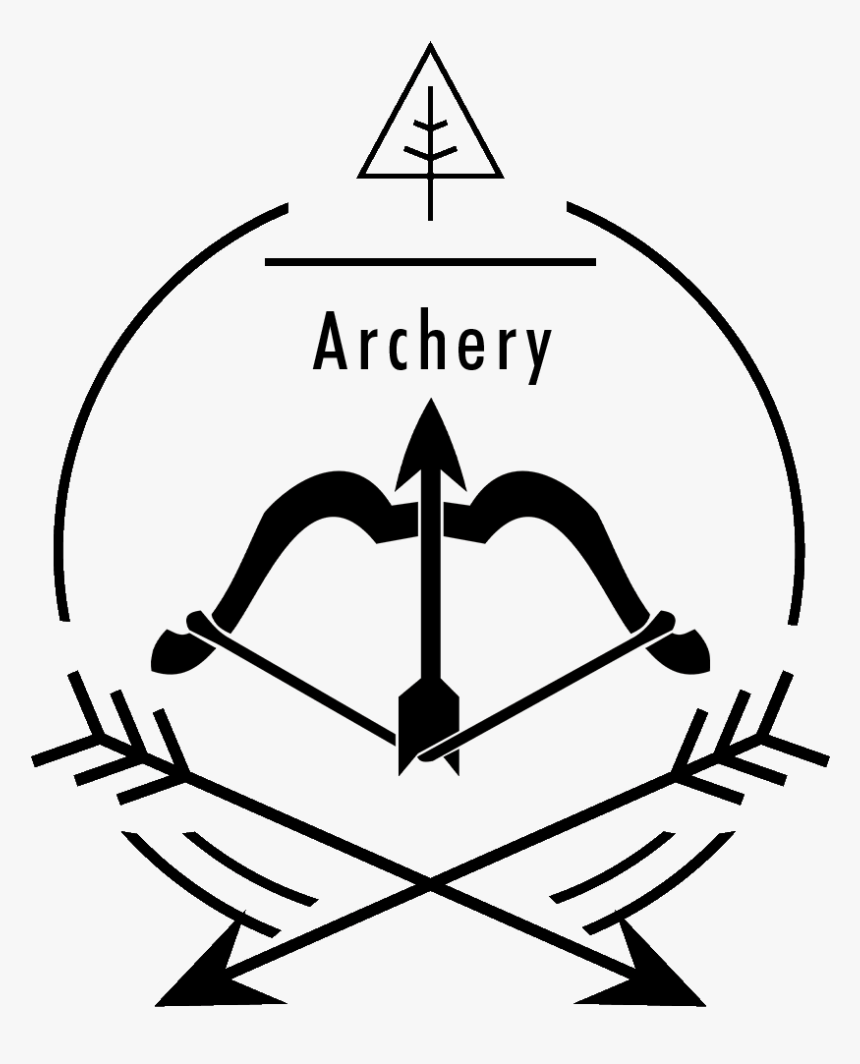
Alanian Kingdom Exotic Women, People Of The World, Black Sea
The kingdom of Alania, located in the modern Russian autonomous republics of Karachai-Cherkassia, Kabardino-Balkaria, and North Ossetia, was the most powerful polity in the North Caucasus in the 10th-12th centuries.1 It is central to contemporary nationalist historiographies of the North Caucasus, being claimed as an ancestral proto-nation.

Ingushetia KarachayCherkessia North OssetiaAlania KabardinoBalkaria
The Albanian Kingdom (Tosk Albanian: Mbretëria Shqiptare) was the official name of Albania between 1928 and 1939. Albania was declared a monarchy by the Constituent Assembly, and President Ahmet Bej Zogu was declared King Zog I.The kingdom was supported by the fascist regime in Italy, and the two countries maintained close relations until Italy's sudden invasion of the country in 1939.

North OssetiaAlania The Kingdom of the Alans North, Legend of king
Alania was a medieval kingdom of the Iranian Alans that flourished between the 9th-13th centuries in the Northern Caucasus, roughly in the location of latter-day Circassia, Chechnya, Ingushetia, and modern North Ossetia-Alania. With its capital at Maghas, the location of which is still disputed, it became independent from the Khazars in the late 9th century.

Alania by DeingeL Caucasus Mountains, Route, National Parks, Coastline
Arabic records of the Alani from around AD 1000 (during the height of the kingdom of Alania) would seem to support a connection. Around the same time, two tribes on the banks of the Danube in southern Central Europe are generally linked to the Alani as sub-divisions of the main body (although the alternative theory offered here is that they are.

Kingdom Of Alania Flag, HD Png Download kindpng
The Kingdom of Albania (Albanian: Mbretëria e Arbërisë, Latin: Regnum Albaniae) was established by Charles of Anjou in the Albanian territories he conquered from the Byzantine Empire in 1271, with the help of the local Albanian nobility.The Kingdom of Albania was declared in late February 1272. The kingdom extended from the region of Durazzo (Dyrrhachium, modern Durrës) south along the.

The Qarmatian Merchant Kings Paradox Interactive Forums
The Republic of North Ossetia - Alania is a federal subject of Russia (a republic), located in the Caucasus region.. Part of the Alan people eventually settled in the Caucasus around the 7th century AD. By about the 9th century, the kingdom of Alania had arisen and had been converted to Christianity by Byzantine missionaries.

Exploring Alania YouTube
The Eastern part of the Alans withdraws to the south in the Caucasus and settles in the kingdom of Alania, nowadays the Republic of North Ossetia-Alania. A part of the western group of Alans joins the Huns after a battle in which many were killed and then fight with them half as vassals half as their allies. Some.

North OssetiaAlania The Kingdom of the Alans North, Iberia, Legend
Alania was a medieval kingdom of the Iranian Alans (Proto-Ossetians) that flourished between the 9th-13th centuries in the Northern Caucasus, roughly in the location of latter-day Circassia, Chechnya, Ingushetia, and modern North Ossetia-Alania.With its capital at Maghas, the location of which is still disputed, it became independent from the Khazars in the late 9th century.

Faction Discussion Kingdom of Alania
South Ossetia (/ ɒ ˈ s ɛ t i ə / ⓘ o-SET-ee-ə, less common: / ɒ ˈ s iː ʃ ə / ⓘ o-SEE-shə), officially the Republic of South Ossetia or the State of Alania, is a partially recognised landlocked state in the South Caucasus. It has an officially stated population of just over 56,500 people (2022), who live in an area of 3,900 square kilometres (1,500 sq mi), with 33,000 living in.

Caucasus 1060 map en North OssetiaAlania Wikipedia Map
North Ossetia-Alania, respublika (republic) in southwestern Russia, on the northern flank of the Greater Caucasus range. It is bordered on the south by Georgia and on the north by the Sunzha and Terek ranges. The capital and largest city is Vladikavkaz. North Ossetia is mountainous: the Glavny

Kingdom Hearts gia ta Alania YouTube
After yet another invasion by the Mongols, the fabled kingdom of Alania was wiped off the map. Alans take Europe. But this is just where the story begins. Around the same time as the 5th-century.

Who Were the Alans? Searching for an Early Medieval People
Kingdom of Albania may refer to: Kingdom of Albania (medieval) — from the Capetian House of Anjou; Albanian Kingdom (1928-1939) — from the House of Zogu; Albanian Kingdom (1939-1943) — from the House of Savoy during the Italian occupation;

Kingdom of Alania by DementorFlagChamber on DeviantArt
Alania was a medieval kingdom of the Iranian Alans (proto-Ossetians) that flourished in the Northern Caucasus, roughly in the location of latter-day Circassia, Chechnya, Ingushetia, and modern North Ossetia-Alania, from its independence from the Khazars in the late 9th century until its destruction by the Mongol invasion in 1238-39. Its capital was Maghas, and it controlled a vital trade.

Kingdom Hearts gia ta Alania YouTube
The Kingdoms of Kartli and Kakheti forged an alliance with the Russian Empire in the 18th Century and was annexed in 1801, followed by the Kingdom of Imereti in 1810. Georgia became a Union Republic in 1936, and they declared independence from the Soviet Union in 1991.

Borders of modern North Ossetia (Alania) and South Ossetia compared
Between the 9th and 12th centuries, they formed a network of tribal alliances that gradually evolved into the Christian kingdom of Alania. Most Alans submitted to the Mongol Empire in 1239-1277. They participated in Mongol invasions of Europe and the Song dynasty in Southern China, and the Battle of Kulikovo under Mamai of the Golden Horde.

Zdjęcia Alanya, Nad Alanią, TURCJA
Kingdom of Alania (Northern Caucuses) c.8-9th Centuries AD - 1239. Eastern Europe. All Modern States Caucuses Tribes Slavic Tribes The Rus / Old Russia. The Alani flourished in the northern Caucuses, even when subjugated by the Khazars. By now they were in the process of abandoning their horse-riding, steppe-nomad heritage in favour of a more.